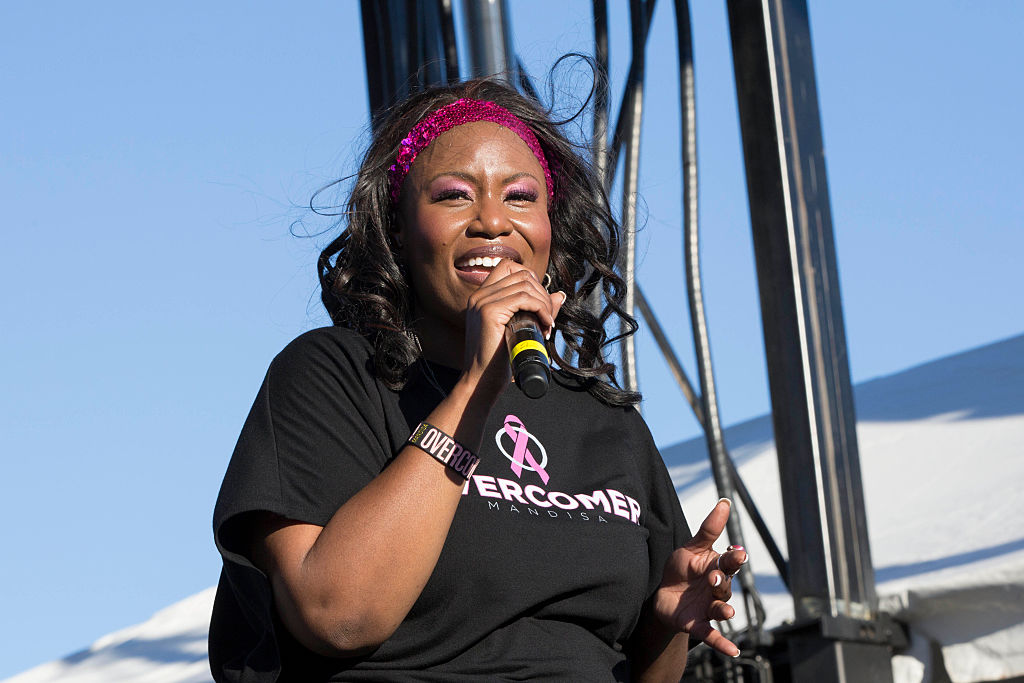As the nation celebrates Rev. Dr. Martin Luther King Jr.’s 86th birthday, we are immersed in an intensive, often divisive, conversation about race in America. Sixty years after King marched through the streets, like he did in Selma and cities throughout the South, we find ourselves still on the streets battling many of these same issues. The 2014 “battle” has focused on how police treat us in our communities, which has pitted “white police” against black citizens.
My concern is that we are too narrowly focused. We need to make sure we battle this issue of race on all fronts. Today, we face prejudice from those outside the Black community and from within it as well. Let’s face it: Skin color is still an issue in our community. The bullying that takes place between dark-skinned and light-skinned people is alive and well – and quite honestly Martin Luther King would be hurt to know that we’re not living up to his call for us to judge each other by the content of our character, not the color of our skin.
In recent years, I’ve engaged thousands of people in conversations about race and colorism in producing my documentaries – Dark Girls and Light Girls. Admittedly, I’m not a psychiatrist or sociologist, I’m a filmmaker. Just last year I spoke at the Apollo Theater where had done a screening. When an elderly woman asked me, “Why are you airing our dirty laundry?”
I looked at her, and I don’t think she liked it when I said, “Because its stinking up the house.” We have to get over this. We have to engage ourselves in this conversation to help us better understand the ways in which we slight each other. We have to grasp the notion that colorism – the prejudice based on the lightness and darkness of one’s skin – shows that darker skinned individuals have to overcome even greater incidents of prejudice than light skinned individuals.
You know the “doll test” that originally was done in the 1940s by researchers Kenneth and Mamie Clark who were setting out to measure the impact of segregation on African-American children. Many others have replicated this study over the past 70 years, but results have not changed: Young girls and boys repeatedly characterize the dark skinned dolls as dumb, evil and unkempt. Add to this the bullying that light skin girls get from their dark skin sisters who think they’re “stuck up” or “too good”.
I’m sure I’m not talking about anything you haven’t heard discussed in your own home. Last year when Lupita Nyong’o’s won an Oscar for her role in the movie, 12 Years a Slave, it was significant in many ways, particularly as a dark skinned woman. In many ways, she has become a poster child for dark skin women, celebrating their beauty and promoting confidence.
On the other hand, Beyoncé is increasingly criticized for “looking too white” on her CD and magazine covers in which she appears. Add to this the growing number of white females who are regularly going to tanning salons, getting Botox to plump up their lips and getting butt lifts. This issue is not unique to the United States, but in this world that is increasingly full of brown people.
As we reflect on King, he made it clear that people are judging you on what they see, how you look and the color of your skin. If you’re a dark-skinned Black, there’s even a greater burden. If you’re a dark skinned Black woman, you face even greater scrutiny and name-calling from all sides, including your own family. Your self-esteem and self-perception takes a beating.
What I’m hoping for is that we’ll find ways to engage in conversations in our homes, in our classrooms, in our churches that will inspire us to elevate ourselves beyond these prejudices. We know that’s what King would have wanted.
Director, producer, and writer Bill Duke is the godfather of African-American cinema. He was recently honored with a Lifetime Achievement Tribute from the Directors Guild of America, placing him in the company of directors like Stephen Spielberg and Clint Eastwood. Duke’s productions include “American Gigolo,” “A Rage in Harlem,” “Predator,” and many more. He has degrees from Boston University, NYU’s Tisch School of the Arts and the American Film Institute.
Like BlackAmericaWeb.com on Facebook. Follow us on Twitter.

















